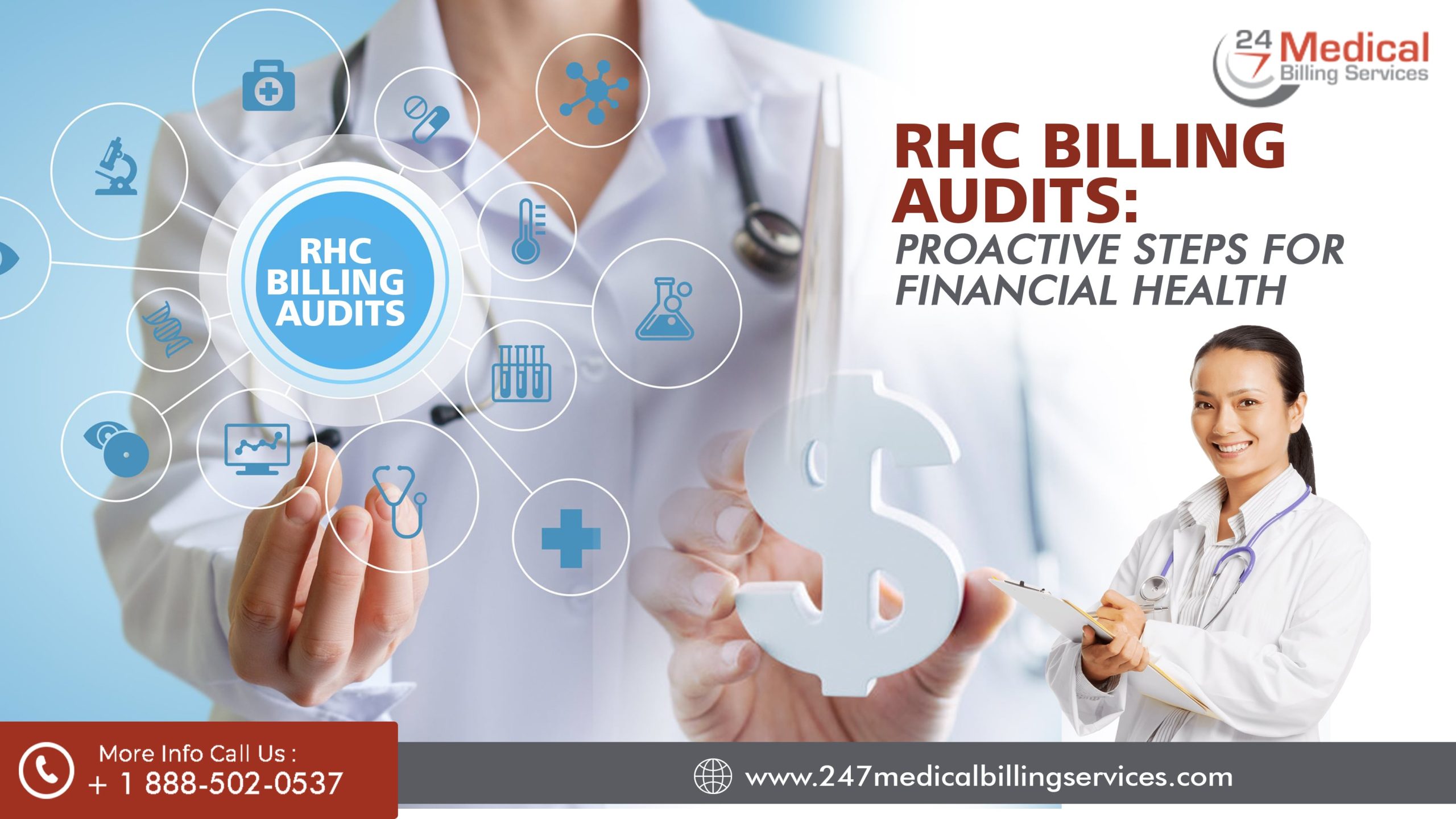
RHC Billing Audits: Proactive Steps for Financial Health
Across the United States, rural health clinics (RHCs) are vital to the provision of basic healthcare services to underprivileged populations. But despite their admirable goal of providing high-quality treatment, RHCs frequently face monetary difficulties that jeopardize their viability. We explore the subject of RHC billing audits in this guide, revealing proactive tactics to bolster financial stability and guarantee operational effectiveness.
Managing RHC Billing Audits
These audits are an essential instrument for evaluating the financial soundness and adherence to rural health clinics billing procedures in these medical institutions. Audits uncover important information that promotes operational improvements by carefully examining billing procedures, supporting paperwork, and compliance with legal requirements.Key Findings from RHC Audits
1. Documentation Deficiencies
- Audits reveal frequent instances of inadequate documentation, leading to billing errors and claim denials.
- Missing or incomplete patient records hinder accurate coding and reimbursement.
2. Coding Inaccuracies
- RHC audits frequently uncover coding discrepancies, including upcoding, undercoding, and improper code selection.
- Inaccurate coding results in revenue loss, compliance risks, and potential penalties.
3. Compliance Challenges
- Non-compliance with Medicare regulations and billing guidelines is a common issue identified during audits.
- Failure to adhere to regulatory requirements jeopardizes RHC eligibility and reimbursement.
Proactive Steps for Financial Health
1. Regular Internal Audits
- Conduct routine audits to identify billing errors, compliance gaps, and operational inefficiencies.
- Implement corrective measures based on audit findings to enhance billing accuracy and compliance.
2. Staff Training and Education
- Provide comprehensive training to RHC staff on billing procedures, documentation requirements, and regulatory compliance.
- Ongoing education ensures staff competency and promotes adherence to best practices.
3. Utilization of Technology
- Invest in billing software and electronic health record (EHR) systems to streamline billing processes and enhance accuracy.
- Leverage automation tools for coding validation, claims submission, and denial management.
4. Collaboration with Medical Billing Partners
- Partner with experienced RHC billing professionals or outsourcing firms specializing in RHC billing audits.
- Outsourcing audits enables access to expertise, resources, and advanced technologies for comprehensive evaluation and improvement.
Best Practices for Maintaining Financial Health
1. Documentation and Record-Keeping
- Emphasize thorough documentation practices to support accurate medical coding and billing.
- Maintain organized records of patient encounters, treatments, and services rendered.
2. Compliance with Medicare Guidelines
- Stay abreast of evolving Medicare regulations and RHC billing requirements to ensure compliance.
- Regularly review and update billing policies and procedures to align with regulatory changes.
3. Addressing Denials Promptly
- Develop a proactive approach to address claim denials promptly and effectively.
- Analyze denial trends, implement corrective actions, and track denials to prevent recurrence.
Conclusion
RHC billing audits serve as a proactive measure to enhance financial health, compliance, and operational efficiency. By uncovering billing errors, identifying compliance gaps, and implementing corrective actions, RHCs can optimize revenue, mitigate risks, and uphold their commitment to providing quality care. Partnering with medical billing companies like 24/7 Medical Billing Services empowers RHCs to navigate the complexities of billing audits with confidence and achieve long-term financial sustainability.See also: RHC Billing Tactics For Medicare As A Safety-Net Provider

.png)